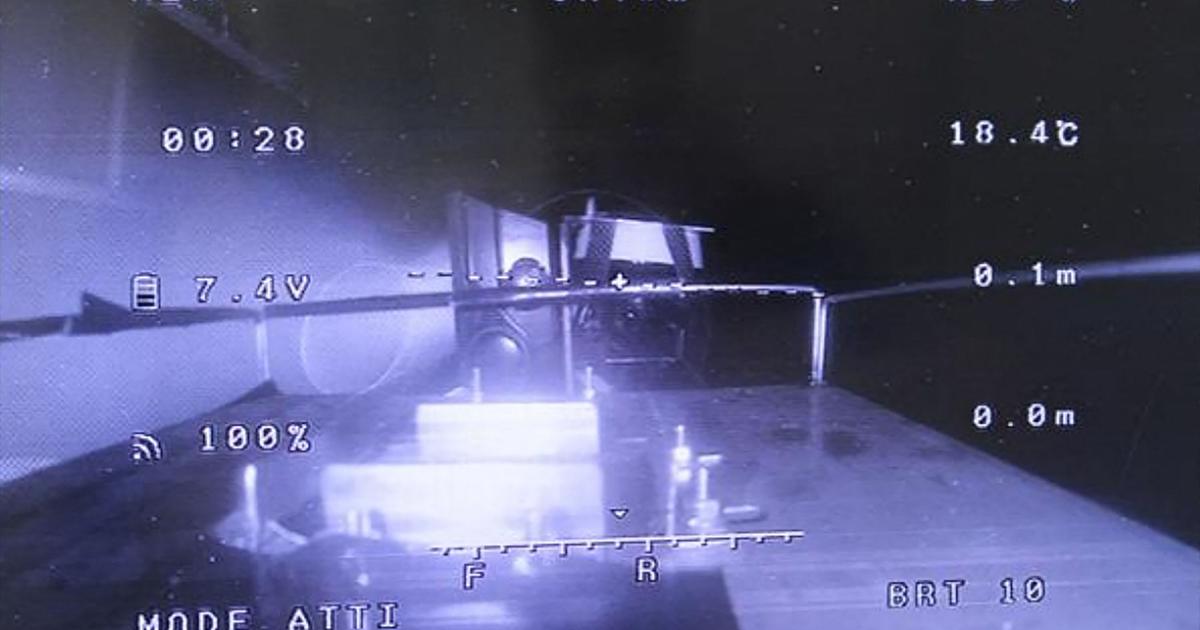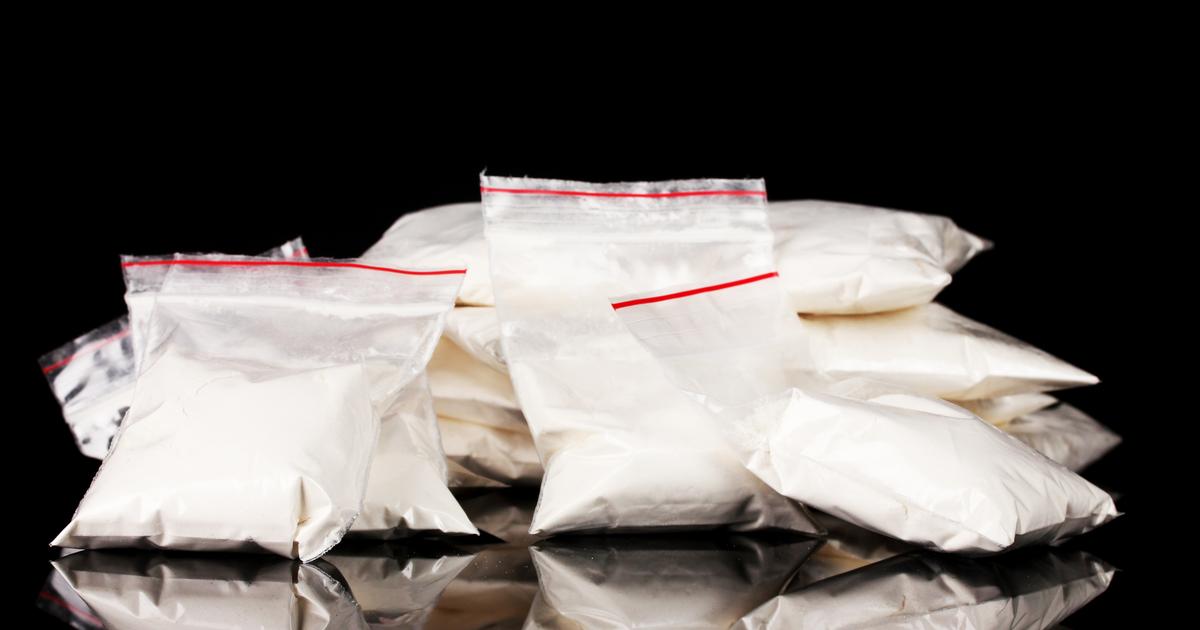The United Arab Emirates announced Monday that it has given the green light to operate the Barakah nuclear power plant, the first in the Arab world.
It should start up in the "near future" even if the date has not yet been specified.
"The Federal Nuclear Regulatory Authority (FANR) has approved the issuance of the operating license for reactor 1 of the plant to the Nawah company," said the Emirates' permanent representative to the International Energy Agency. atomic (IAEA).
Founded in 2016, Nawah Energy Company will eventually operate and maintain the four reactors at the Barakah power plant in the northwest of the country.
The facility was built by a consortium led by Emirates Nuclear Energy Corporation (ENEC) and the Korean Korea Electric Power Corporation (KEPCO), at an estimated cost of $ 24.4 billion (22.5 billion euros). Initially, this plant was scheduled to come into service in 2017.
"Peaceful" nuclear program
"This is a new step in our march towards the development of peaceful nuclear energy," said Mohammed ben Zayed, Crown Prince of Abu Dhabi, on Twitter. According to him, the objective is to prepare for the next 50 years and meet the country's energy needs. "
Emirati officials have repeatedly emphasized the "peaceful" nature of their nuclear program and say it contains no military components despite strong regional tensions.
“It pays me” newsletter
The newsletter that improves your purchasing powerI'm registering
Your email address is collected by Le Parisien to allow you to receive our news and commercial offers. Find out more
"The Emirates remain committed to the highest standards of nuclear security and nuclear non-proliferation as well as solid and continuous cooperation with the IAEA and national and international partners," said the representative of the Federal Regulatory Authority. nuclear (FANR). The country has hosted more than 40 international missions and inspections by the International Atomic Energy Agency (IAEA) and the World Association of Nuclear Operators (WANO) since 2010.
Except that this site is therefore separated from Iran, opposite, only by the waters of the Gulf and could become a strategic target if the geopolitical tensions passed a new stage.
Prepare for growing energy needs
When fully operational, the four plant reactors will have the capacity to produce 5,600 megawatts of electricity, or about 25% of the needs of the United Arab Emirates. The federal state, made up of seven emirates, has a population of 9.3 million, of which around 80% are expatriates.
However, the need for electricity in this area is increasing, in particular due to the systematic use of air conditioning during hot summers.
In addition to nuclear power, the Emirates have already opted for photovoltaics with the 2.5 km2 Shams power plant inaugurated in 2013 in the Abu Dhabi desert, which supplies more than 20,000 homes.
Even though the Emirates have a large oil reserve with 105 billion barrels and gas (7,700 billion m3), a recent report by the International Monetary Fund (IMF) has warned the oil-dependent Arab Gulf states, that they would have to initiate far-reaching reforms or risk seeing their wealth run out within 15 years.
"With the current budgetary situation, the wealth of the region could be depleted by 2034," said the IMF, adding that the Gulf States which have been enriched for decades thanks to oil revenues, today other options than accelerating and expanding economic reforms to avoid becoming net borrowers.







